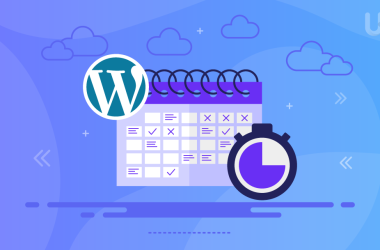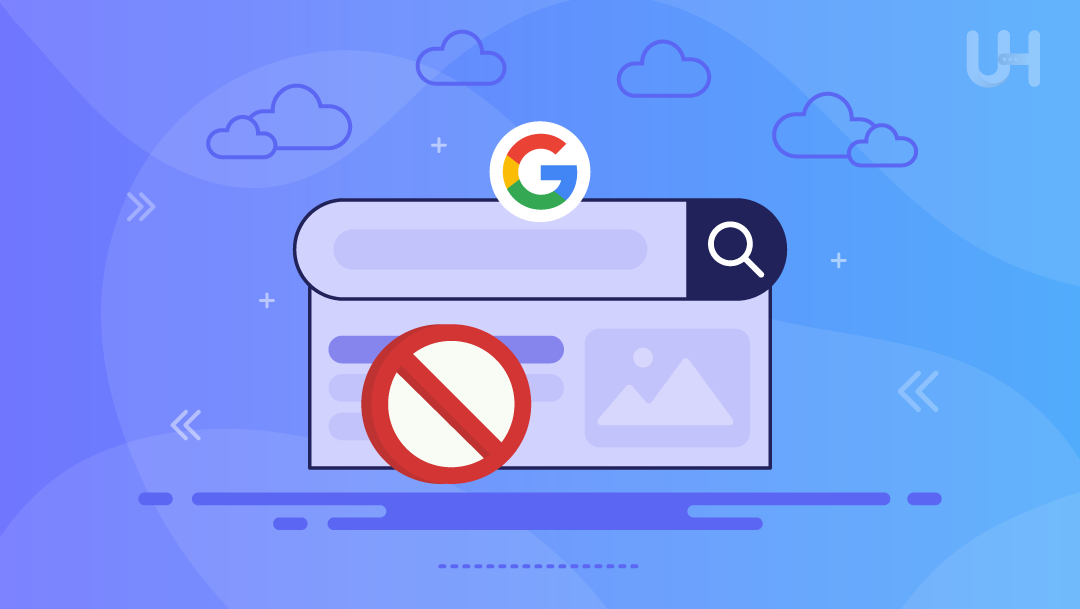Progressive web apps have emerged as a solid technology, empowering businesses and developers in the future digital landscape. The app provides a user with a frictionless, quick, and delightful interface, bridging all sorts of gaps related to native mobile apps and their traditional web-behavior. They are a mix of the reach of web pages with mobile application power, allowing for the harnessing of content onto various devices in an accessible and interactive manner. You love to revolutionize your favorite platform across all devices.
This article goes further by discussing or delving into what is PWA, the Benefits of PWA, and its core functions, explaining why they are increasingly being embraced in many sectors.
What are Progressive Web Apps?
Progressive web apps exist as a hybrid model of web technology in which the benefits of traditional browsers come bundled with mobile application features. In simple terms, a PWA is a site built using web techniques but works just like an app, which is why we call it a PWA. This technology enables web apps to load quickly, work offline, and exploit features commonly associated with native apps, such as push notifications and hardware access.
The term “PWA” itself was coined in 2015 by designers Frances Berriman and Alex Russell. Also, they called it a list of best practices to make a web application work more like a desktop or mobile application: working offline, refreshing data quietly in the background, and receiving push notifications. A gray area wherein web developers’ specifications can surpass some of the features previously offered by native applications.
Benefits of Progressive Web Apps
One of the many business benefits of Progressive Web Apps is that they enable user interaction and backend management. Also, it represents a fusion of the best web and mobile applications, each offered in one package that delivers fast, engaging experiences, improves performance in a big way at the least cost possible, and increases it across all platforms.
Enhanced Performance and Accessibility
Progressive Web Apps are simply good at performance, especially regarding loading time. By using service workers to cache, the data PWAs work perfectly well, even in areas with poor connectivity or are offline. This does not just improve the user experience by letting the user consume information faster but also guarantees that the user can be kept interested and, therefore, can use the app, whether or not the internet is up and running.
Cost-Effectiveness and Cross-Platform Compatibility
From a business point of view, PWAs enable economic solutions. PWAs are built using standard web technologies. They operate on most standard operating systems such as Android or iOS without the need for maintaining different codebases. Consequently, this makes the process computationally lighter. This standard set of features with commonalities reduces both development and maintenance costs and, in turn, makes the updating of the application lighter computationally. Since PWAs are discoverable by search engines, they become easy to SEO-optimize.
Seamless User Experience and Increased Engagement
A PWA offers a backend with a frontend that is frictionless for the end user, similar to an app, with no hardware or software considerations as in the case of a standard app download and installation process. Also, this fact minimizes compliance problems that one can face in every app store and keeps space free on the device. Business-to-user re-engagement includes push notifications, which increase user engagement and invoke a feeling of being linked among users. Notifications should act as a direct communication channel from one to another, thus keeping users informed and interested in any update or new feature.
Elevate your PWA Fast VPS Hosting!
Seeking top-tier VPS hosting for your PWA? Opt for Ultahost’s fast VPS hosting, which supports progressive web apps with unmatched reliability and security. Elevate your digital experience now!
Key Components for Implementing Progressive Web Apps
Implementing Progressive Web Apps requires a sound understanding of three essential components: the manifest file, the service worker, and the app shell model. Each contributes to ensuring that a PWA delivers users a seamless and robust experience similar to native applications on mobile devices.
Manifest File: The Blueprint of Your PWA
A manifest is a file in JSON format for a Progressive Web App. It describes the PWA’s appearance and the app launch experience. In this file, settings for the necessary native mobile application are set. These include the home screen icons and the screen orientation. More over, this helps in configuring the manifest file easily. It enables the Progressive Web App to integrate with the device operating system and provide an immersive user interface.
Service Worker: The Power Behind Offline Functionality
Service workers are special scripts that run in the background. They operate independently of webpages, with the exception of the closest relationship. It ensures the application functions offline. It caches application resources for client use when offline. When the network is available, it synchronizes data. Also, this is what labels PWAs as reliable and consistent in terms of service. In both online and offline scenarios, they mimic the functionality of native apps. As a result, their service remains reliable and consistent, even under variable and unstable network conditions.
App Shell Model: Ensuring Fast and Engaging Interactions
The app shell model is what makes a PWA fast. On the first visit, a PWA loads a minimum set of HTML, CSS, and JavaScript frameworks, providing the basic UI: navigation, header, and footer, which are optionally backed up with a simple ServiceWorker. This minimum shell is cached on the first load and dynamically updated with content on the next load. In this model, a PWA is ensured to be fast and engaging. Developers make it so with quick interactions and transitions. Users experience these just as they would with native apps.
This is one of the components that contributes to the underpinning strength of a Progressive Web App. Also, it offers a great user experience that integrates the best of web and mobile technologies.
Challenges and Considerations
Two shorter sentences: However, PWAs face challenges despite their benefits. One issue is that not all browsers fully support PWA features. This inconsistency in support results in varying user experiences. Though service workers bring huge benefits, they provide the challenge of managing dynamic content and smoothly handling updates.
Enterprises will need to assess the influence of Progressive Web Apps on their digital strategies. They will also have to consider how PWAs will be integrated into their current web analytics for measuring customer engagement. Achieving techno-managerial readiness is essential in order to effectively embrace these new web standards.
Reliable VPS Hosting Services for Progressive Web Apps

The choice of VPS hosting matters for the performance of Progressive Web Apps. It also affects the user experience that will be achieved with Progressive Web Apps. Three specialized VPS hosting services are suitable for hosting PWAs:
Managed VPS Hosting
Managed VPS hosting is a system managed by the provider that handles the technical bits, performs maintenance, updates software, and performs security check-ups. With that taken care of, developers can fully focus on improving the PWA. They no longer need to worry about server operations. Fully managed VPS hosting is optimal hosting without worrying about ensuring the team’s PWAs run smoothly and securely.
Storage VPS Hosting
This technology is specifically optimized for applications involving data storage. Consequently, it is highly suitable for scenarios that require repeated data storage and retrievals. These needs will require a lot of storage. The configurations must be tuned into performance. Storage VPS hosting is suitable for PWAs with vast chunks of data or media, ensuring fast access and good data handling for high-grade performance. Additionally, it incorporates robust security measures to ensure data privacy and protection on your storage server.
Cloudflare VPS Hosting
A Cloudflare VPS hosting solution with improved performance and unique security features for web applications like PWAs contains built-in content delivery networks, automated protection against malware attacks, and optimized routing. In other words, the PWA is delivered fast and effectively worldwide, increasing user experience and engagement.
Each of these VPS hosting services enhances the benefits of Progressive Web Apps. They improve the functionality and reliability of Progressive Web Apps. Also, these services meet the expectations of developers. They also meet the expectations of users.
Conclusion
Progressive Web Apps change the game for mobile and the web. Users will experience high engagements, performance surges, and development by businesses with the best of both worlds. As technologies improve, browser support increases. PWAs will be one of the must-haves in web strategies for the legumes of this modern digital presence.
To maximize the performance and security of your Progressive Web Apps, consider Ultahost’s SSH VPS hosting. With Ultahost, you can ensure seamless operations and top-notch service for your digital solutions.
FAQ
How do PWAs differ from traditional apps?
PWAs can be accessed directly via a browser without needing installation from app stores.
Can PWAs operate offline?
Yes, PWAs use service workers to cache important files, allowing offline access.
Do I download a PWA?
No, PWAs can be added to your device’s home screen from your browser.
What does a service worker do?
It handles offline capabilities and background tasks like caching and notifications.
Are PWAs secure?
Yes, they require HTTPS to ensure secure connections.








